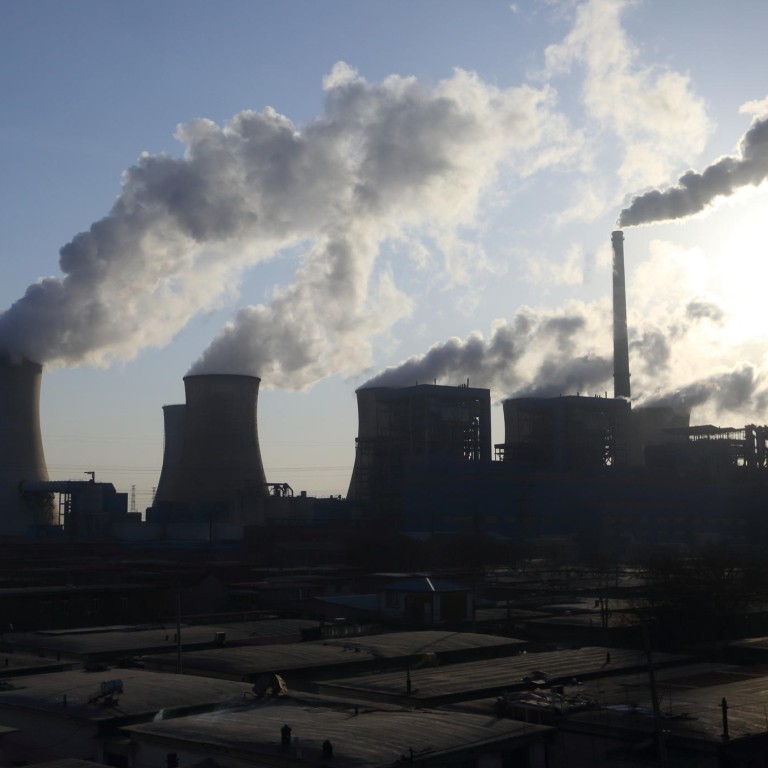
Trust me - I'm an expert, but even experts can get it wrong
has come under a certain amount of criticism from recent reader comments for our views on subjects such as the appropriateness of the government's proposals for an incinerator, and topics such as global warming.
These are technical matters in which has no formal qualifications. That being the case, should we then just defer to the experts in such matters?
This is an old argument but it bears revisiting. We should remember that experts get it wrong. In his book , David Freedman writes that some two-thirds of the findings published in leading medical journals are refuted within a few years, and goes on to cite numerous examples where the experts are wrong.
Yet we continue to believe experts. generally, though not always, defers to them given their superior knowledge in their area of expertise. However, it is not unusual for experts to disagree among themselves.
But human nature is a funny thing. There have been numerous studies that show that despite being told something by an expert, people will only accept it if it chimes with their own beliefs. The corollary of this is that when looking for support for their views people are more or less consciously drawn to experts whose views coincide with their own.
Quite often when seeking advice we go to people who we know will give the advice we want to hear.
In his book the , Thomas Kuhn makes the point that even with respect to the evolution of science, the truth of an idea or theory is not always on its own sufficient for it to become accepted. Ideas, scientific, social or political, come to us through people within a certain social milieu. Indeed, it is sometimes the charisma of a theory's proponent rather than its truth value that propels it to acceptance. This is not to say all experts should be disregarded but should be subjected to healthy scepticism, since we don't know their prejudices, vested interest, political views or other factors that might colour their "expertise".
has never claimed to be an expert in matters such as incineration or climate, we just don't like to have the wool pulled over our eyes by so-called experts.
Changes are afoot in the finance industry, with cut-backs in commodities, disenchantment with investment banking and the continuing off-shoring.
Head-hunters in Singapore, Hong Kong and Sydney say that an increasing number of finance professionals are making radical career changes, efinancialcareers reports.
Tougher regulations and the increased power of compliance officers in banks diminished prospects for quants specialists. So, instead of offering ideas to the traders in the front office, many quants are now opting for the middle office and risk management, the website says.
In addition, with the big banks trimming the number of managing directors over the past year, a number of these displaced persons are taking jobs as consultants with small local banks in developing markets such as Indonesia, Myanmar and Vietnam.
"Their assignments include developing business strategies, compliance frameworks and trading platforms," Pan Zaixian, a general manager of Singapore search firm Kerry Consulting, told the website.
Disgruntled investment bankers are also leaving to take advantage of the recent uptick in in-house M&A jobs with companies planning acquisitions.
These are mostly junior and mid-level positions and alas often entail a drop in salary.
Have you got any stories that Lai See should know about? E-mail them to [email protected]

